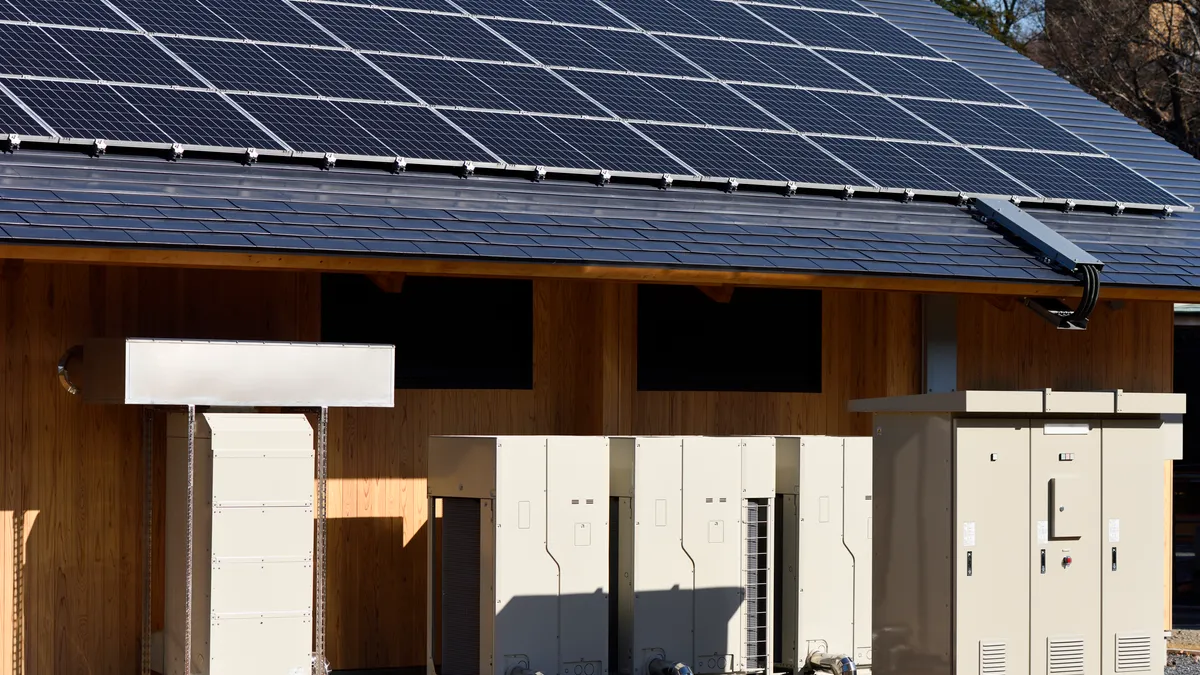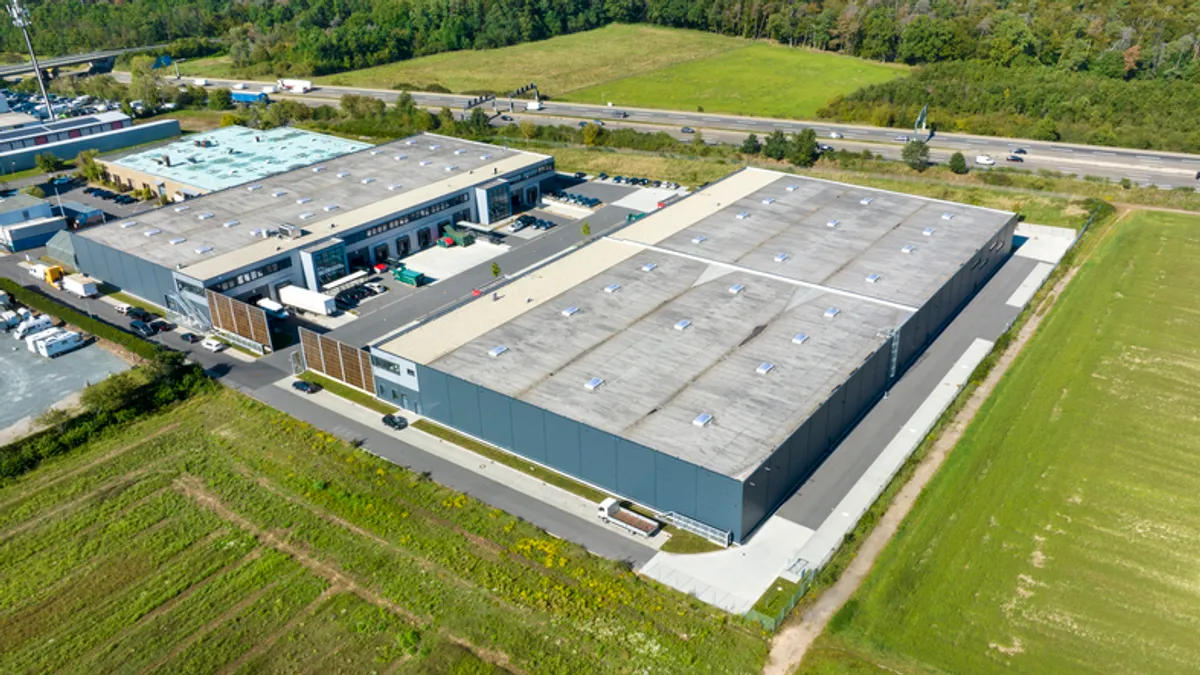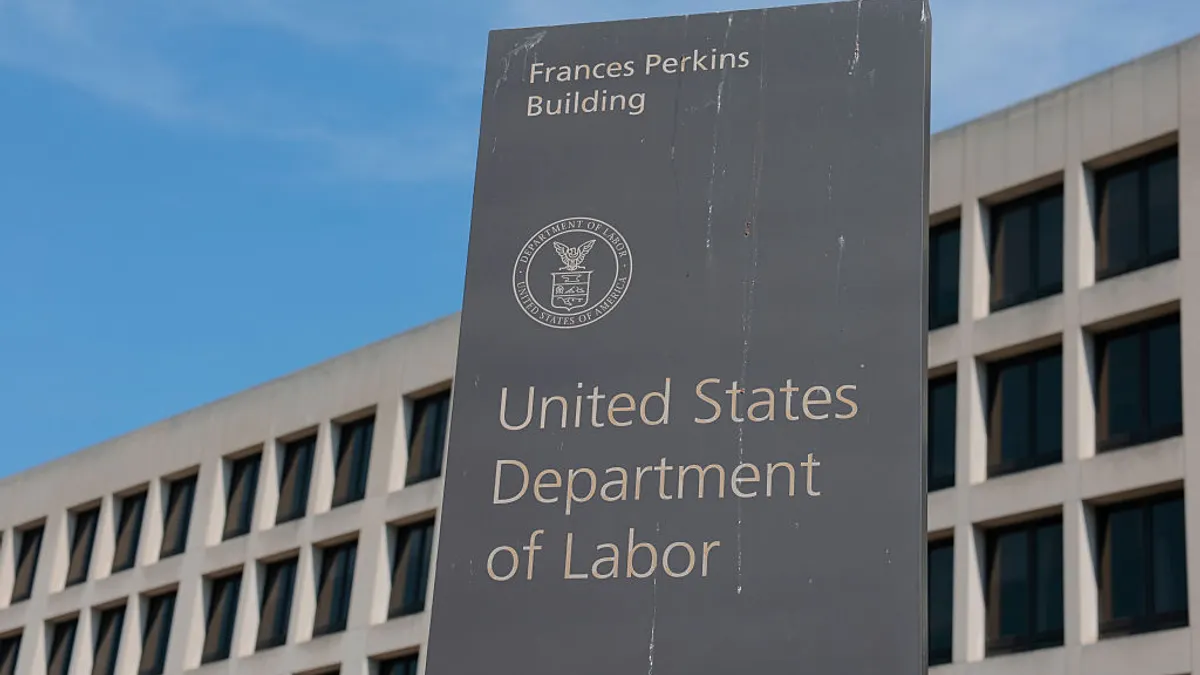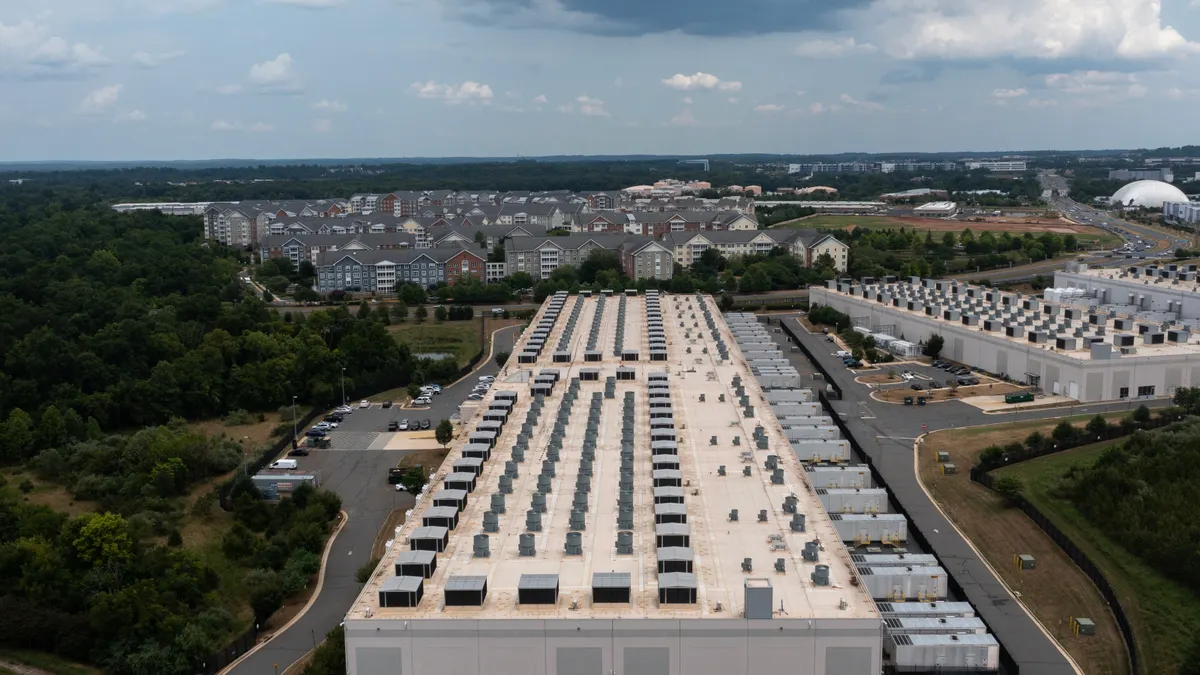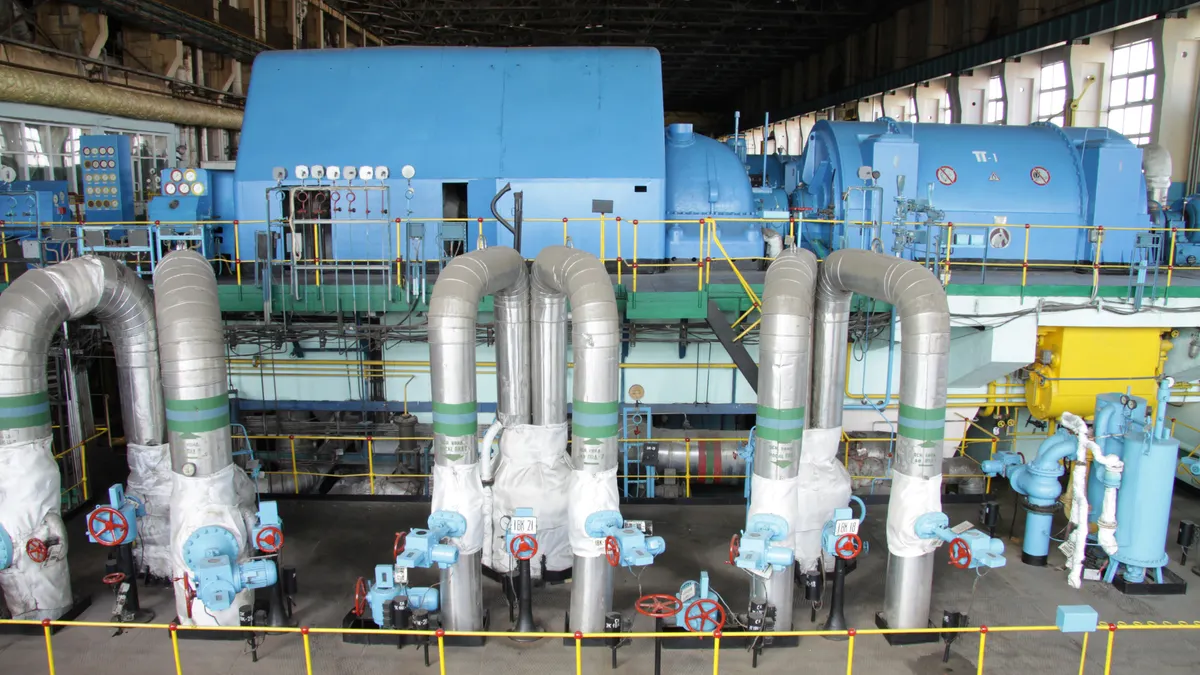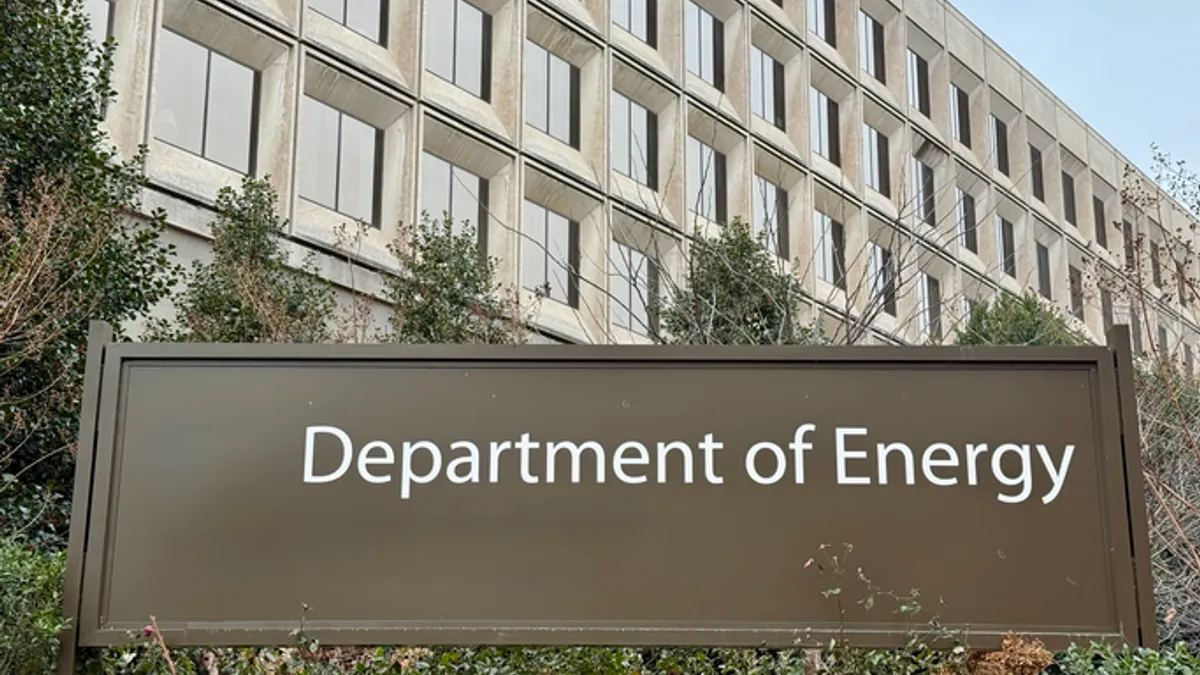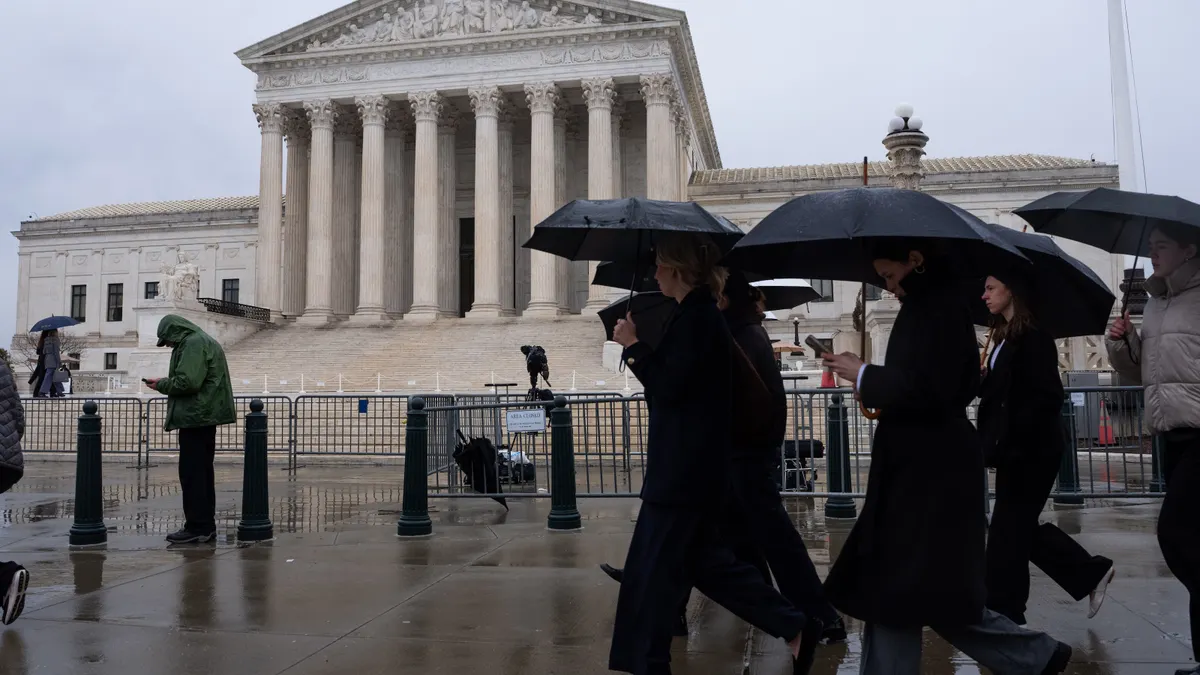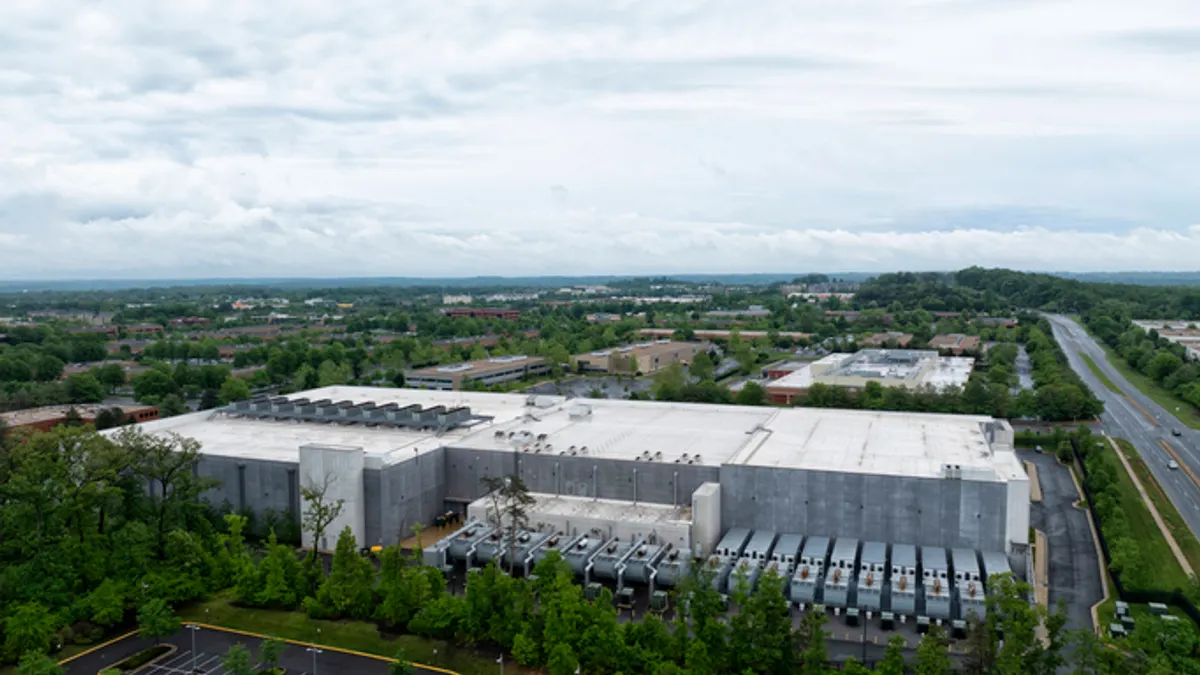The Latest
-
Solar and wind PPA prices up 9% in 2025, set to continue rising with energy demand
Meanwhile, energy storage agreements have emerged as a fast-growing new product category.
-
Sponsored by Nuvolo
Everything you need to know about AI for facilities management
Learn how AI can help facilities teams, where to start and how to estimate ROI.
-
Brooklyn project shows feasibility of using geothermal in dense urban areas
Although installation costs are higher than for conventional systems, geothermal is cheaper over the long term, project consultants say.
-
Home Depot launches real-time delivery tracking for large items
The technology the company uses for live order tracking of small items is being made available for large products like appliances and lumber.
-
Only 26% of maintenance is preventive: UpKeep survey
Insufficient staffing and scheduling conflicts are the main barriers to more proactive maintenance, the survey of 214 managers by the CMMS software company finds.
-
Battery energy storage systems no longer just for backup: NeoVolta
The One Big Beautiful Bill Act, rising electricity costs and energy reliability issues are helping drive adoption in the commercial and industrial segments, a BESS executive says.
-
Tariffs drove construction input prices up to start 2026
January’s cost increases amounted to a “blistering” annualized rate of 7.1% for nonresidential input prices, according to Associated Builders and Contractors.
-
Data centers remain standout industry for Schneider Electric
The company saw steady growth from building technology customers amid a renewed push for efficiency and sustainability.
-
Automation, reshoring trends expected to boost industrial real estate activity
The sector is looking to automation to drive efficiency, helping push occupiers into first-generation buildings, specialists say.
-
Labor Department moves to loosen independent contractor regulations
The agency proposed a return to the “economic reality test” adopted during the first Trump administration.
-
Maintenance performance requires discipline in data management: Limble
Organizations with high-quality CMMS data are more likely to report strong cross-functional trust in equipment data, while those that ignore data management are at risk of making decisions on false information, the report says.
-
Opinion
How adding safeguards to system diagrams can reduce breakdowns
LOOP-BAR, a process designed to prevent problems in ammonia refrigeration systems, has applicability to other systems that pose dangers in the event of an incident.
-
$12B Amazon data center build will rely on surplus water
The project will use only verified surplus water, which is water that exceeds what the community requires for its needs.
-
NEMA, other groups want the US to pay companies to employ veterans as electricians
A House bill that transfers up to $500,000 to employers for hiring retired military would help ease a looming skilled-trades labor gap caused by skyrocketing energy demand, the groups say.
-
Recreation center is first public NYC building to meet LEED v4 Platinum
The Shirley Chisholm Recreation Center in Brooklyn is also the first to use the city’s design-build process, which officials credit with significantly speeding up the project.
-
PJM proposes behind-the-meter reforms in data center colocation effort
The planned reform threatens the economic viability of new combined heat and power generation at industrial facilities in the PJM Interconnection, according to trade groups.
-
Mobile credentials provide safer, more seamless security: HID
Higher education and commercial real estate are two markets that have seen faster uptake of mobile credentials due to the technologies’ range of use cases and security features.
-
Widely used disinfectants up asthma risk, study finds
Hundreds of federally approved commercial cleaning products contain compounds that, when concentrated, can raise health issues, researchers say.
-
House bill targets appliance efficiency
The Home Appliance Protection and Affordability Act could see a floor vote this week.
-
Legacy BMS protocol poses threat to building systems: Claroty
LonTalk, a system networking protocol from the 1990s, is buried deep in many internet-connected building systems, creating vulnerabilities, the cyber-physical protection company says.
-
What the tariff ruling means for building appliances and materials
The Supreme Court’s rejection of the Trump administration’s authority to impose reciprocal tariffs could drive a reduction in prices for HVAC, electrical systems and other equipment, an economist says.
-
Services help drive Cushman & Wakefield Q4 revenue up by 11%
Executives say the company is leveraging AI and do not expect it to have negative impacts on its leasing and brokerage businesses.
-
How getting building data early in an M&A deal can add value
Facilities teams that get a head start on integrating occupancy and other building data can save their organization money, says an executive from building software company Eptura.
-
Why Jack in the Box bets parking lot paint can cure sales
The chain hopes improvements to product quality and restaurant cosmetics will reverse sliding same-store sales and help prepare for a full remodel program.
-
Johnson Controls to acquire thermal management firm Alloy Enterprises
The deal is aimed at helping Johnson Controls meet high-density cooling demand for new and existing data center customers.
-
Crusoe and Energy Vault partner on modular data center deployment
The AI infrastructure company is working with a provider of large-scale energy storage systems to demonstrate a new model for scalable, low-impact computing in West Texas.








